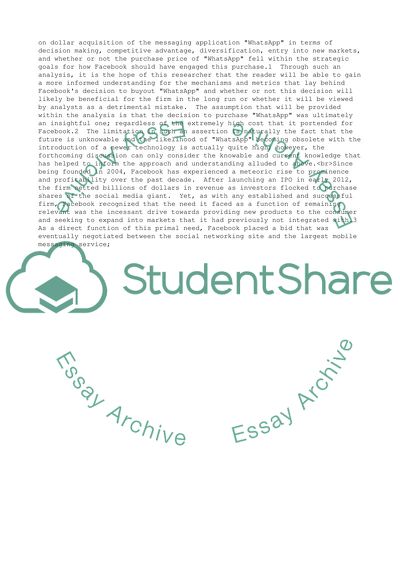Cite this document
(Case Study: facebook Study Example | Topics and Well Written Essays - 2000 words, n.d.)
Case Study: facebook Study Example | Topics and Well Written Essays - 2000 words. https://studentshare.org/business/1829689-case-study-facebook
Case Study: facebook Study Example | Topics and Well Written Essays - 2000 words. https://studentshare.org/business/1829689-case-study-facebook
(Case Study: Facebook Study Example | Topics and Well Written Essays - 2000 Words)
Case Study: Facebook Study Example | Topics and Well Written Essays - 2000 Words. https://studentshare.org/business/1829689-case-study-facebook.
Case Study: Facebook Study Example | Topics and Well Written Essays - 2000 Words. https://studentshare.org/business/1829689-case-study-facebook.
“Case Study: Facebook Study Example | Topics and Well Written Essays - 2000 Words”. https://studentshare.org/business/1829689-case-study-facebook.


